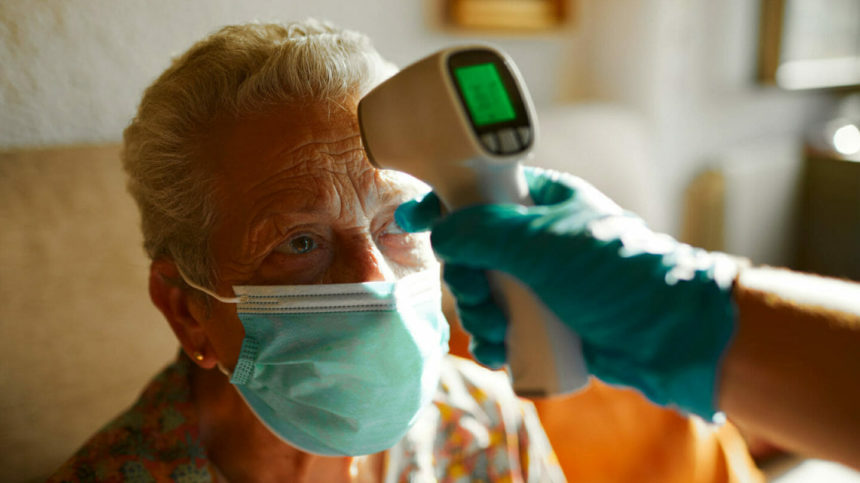
Patients with multiple comorbidities and positive blood cultures have relatively higher odds of mortality when diagnosed with one of two common and dangerous bacterial infections, according to a new Veterans Affairs investigation.
Carbapenem-resistant Acinetobacter baumannii (CRAB) and Pseudomonas aeruginosa (CRPA), are often responsible for facility-acquired pneumonia, and bloodstream, urinary-tract and wound infections. Both are antibiotic resistant and are a growing threat to patients, the researchers reported.
In a retrospective study, investigators found CRAB in more than 1,000 patients and CRPA in over 8,000 patients. Cases of CRAB and CRPA declined significantly during the study period, from 2013 to 2018. But ninety-day mortality was high — at 30% and 25% respectively — and most inpatient stays lasted about 26 days after cultures were returned.
When compared with urine cultures, a positive blood culture raised the risk of death. Likewise, patients with higher Charlson Comorbidity Index scores, a measure of comorbidity burden, also had high mortality when compared to those with lower scores.
Notably, in inpatient care settings, positive blood cultures were associated with a decreased length of stay when compared to positive urine cultures.
Although cases of CRAB and CRPA have declined in VA settings, they remain lethal, the researchers concluded. Clinicians should recognize the risk factors for poor outcomes and aim to treat patients in a timely manner, they said.
The study was published in the journal BMC Infectious Diseases.
Related articles:
Drug-resistant infections found in nearly half of nursing home residents with sepsis
Multi-drug resistance is rising in urinary E coli, analysis reveals




